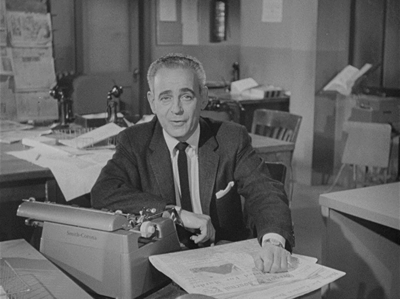
Grade: B
Crime drama-thriller
Not rated (would be PG)
The pandemic has prompted most major studios to delay theatrical releases and slow down the production of home theater titles. Since Covid has made shut-ins of us all, big studios have released fewer films new to Blu-ray and DVD and more titles that are rereleases in the relatively new ultra-HD 4K format. But not Kino Lorber. They continue to remaster lesser-known older films for Blu-ray that feel like pleasant surprises when you watch them.
P.J. is a good example of that. This all-but-forgotten 1968 private detective film—which has never before been released on VHS, DVD, or Blu-ray in the U.S.—has one foot in the hard-boiled PI genre, and another foot in the groovy sixties that inspired Mike Meyers to poke fun of the decade in his Austin Powers spy spoofs. In fact, there’s a club scene where two female go-go dancers do their go-go thing in a gigantic martini glass, swirling and shimmying around like a couple of human olives, and that scene feels as if it could have been shot for an Austin Powers film. Oh behave!

The music seems straight out of Austin Powers too, so fans of that parody will enjoy seeing where the inspiration came from—not this film precisely, but films like it that were produced during the late ‘60s and early ‘70s. Yet P.J. is also strongly evocative of other neo-noir PI films from the period, like Harper, Klute, Tony Rome, Night Moves, and the Robert Mitchum version of Farewell, My Lovely.
George Peppard (TV’s The A-Team, Breakfast at Tiffany’s) plays a down-but-not-out New York PI who takes a bodyguard job because it’s preferable to getting his legs broken by loan sharks and mob bosses. The Korean War vet is hired to protect the mistress (Gayle Hunnicutt) of the rich and powerful (and shady) William Orbison, played against type by the rotund Raymond Burr (Perry Mason, Ironsides). What P.J. doesn’t know is that the job isn’t just dangerous—somebody has already shot at her—it’s also a set-up. Who wants her dead? Who’s behind it all? Who’s using him as a pawn? And why does Orbison flaunt his affair in front of his wife, even forcing his wife to meet the “other woman”? More




















